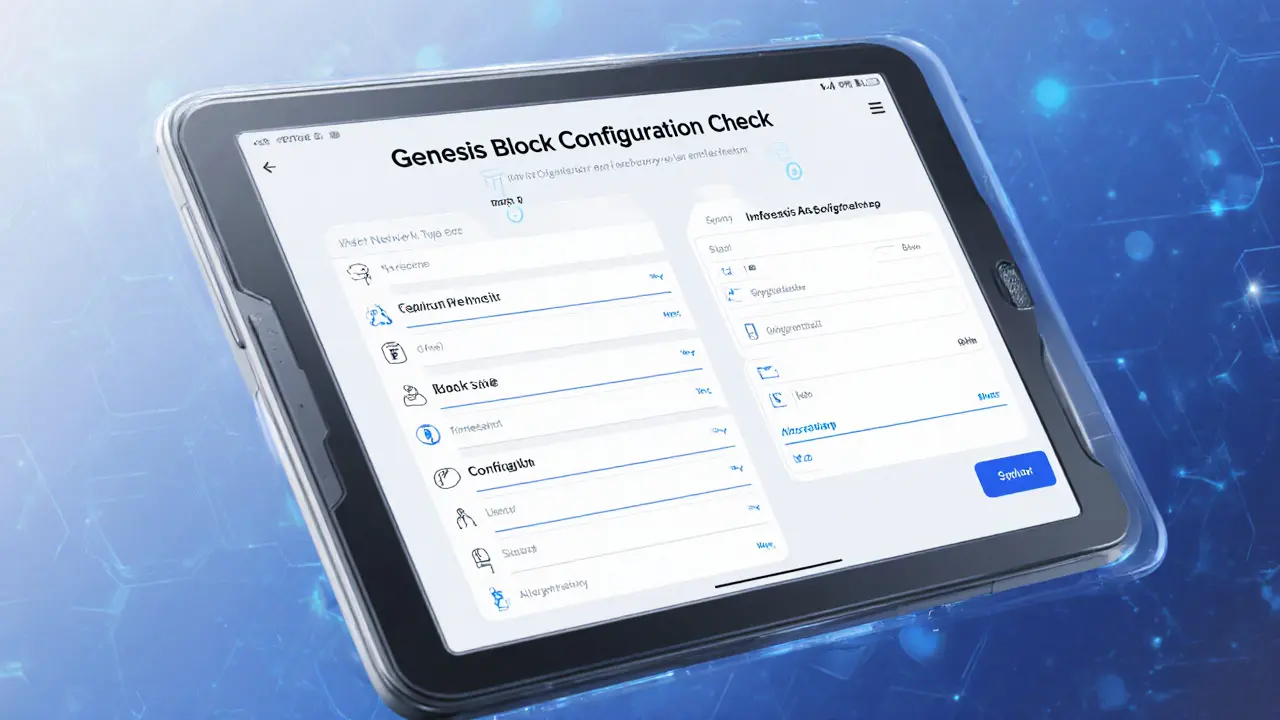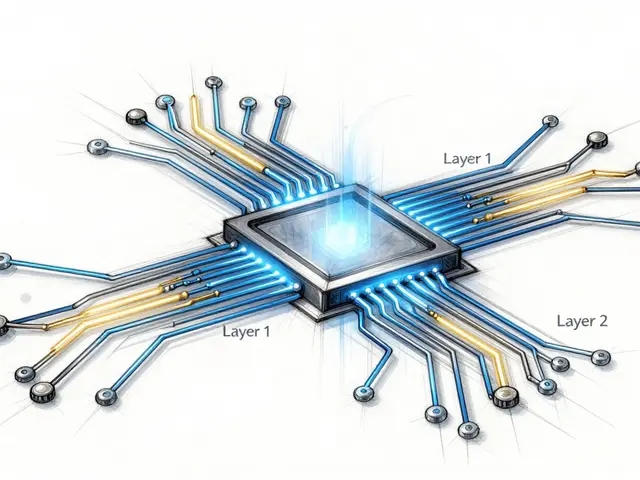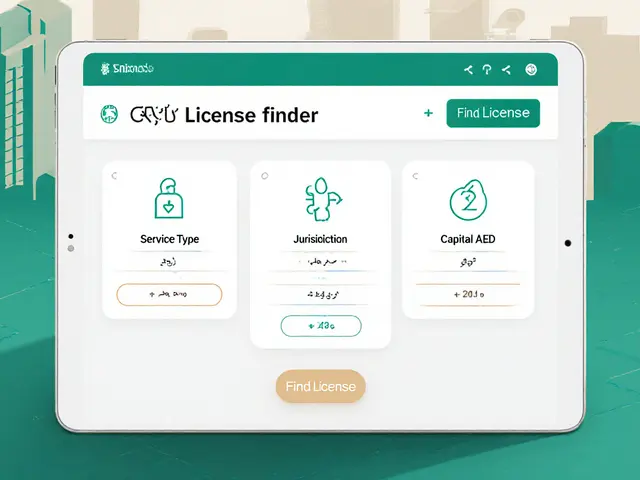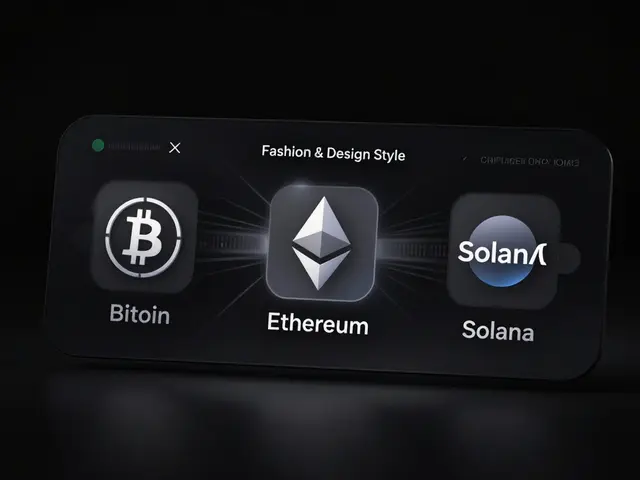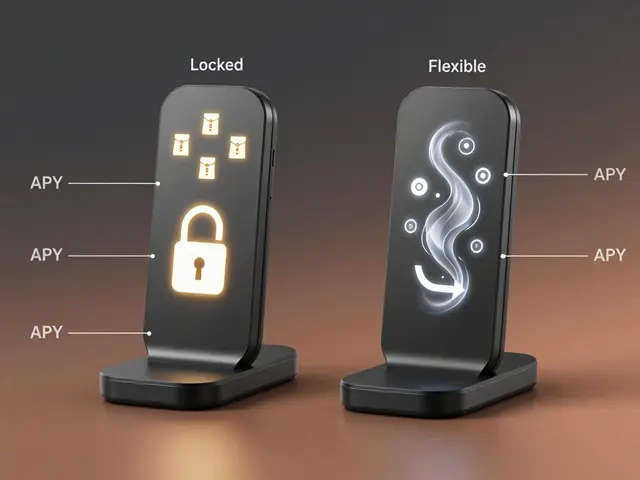Genesis Block: The Starting Point of Blockchain History
When working with Genesis Block, the very first block ever recorded on a blockchain, laying the foundation for all subsequent transactions. Also known as Block 0, it marks the birth of Bitcoin and the start of decentralized ledgers. Alongside it, Blockchain, a distributed, immutable chain of blocks that records data securely and Bitcoin, the first cryptocurrency that introduced the concept of mining rewards play crucial roles. Understanding the Mining Reward, the newly minted coins given to miners for adding the Genesis Block and the later Halving Event, the periodic cut in Bitcoin's issuance rate helps grasp why the Genesis Block matters today.
Key Concepts Tied to the Genesis Block
The Genesis Block isn’t just a historical footnote; it sets three core principles that still drive the ecosystem. First, it encompasses a hard‑coded coinbase transaction that awarded 50 BTC to the creator, establishing the idea that miners earn fresh coins for securing the network. Second, it requires a cryptographic hash that links every new block back to this original data, meaning any attempt to alter history would break the entire chain. Third, the block’s reward schedule ties directly to the halving mechanism, which halves the issuance every 210,000 blocks, gradually reducing supply and influencing price dynamics. Together, these elements illustrate how the Genesis Block enables proof‑of‑work consensus, demands immense hash‑rate power, and shapes long‑term scarcity.
Why does all this matter for the articles you’ll see below? Because every token profile, airdrop guide, or exchange review ultimately rests on the same security model that began with that first block. Whether you’re checking out a new meme coin, evaluating a DeFi platform, or learning how to clear a stuck Bitcoin transaction, the principles of block creation, mining incentives, and supply reductions are the backdrop. In the list that follows you’ll find real‑world examples of how the Genesis Block’s legacy affects today’s crypto landscape, from mining‑related news in Norway to the latest tokenomics of emerging projects. Keep these fundamentals in mind as you explore – they’ll help you spot the real value behind each headline.
Genesis Block Parameters and Configuration: A Practical Guide for Blockchain Builders
Learn how to configure the genesis block for blockchain networks, covering key parameters, Bitcoin and Ethereum examples, best practices, and common pitfalls.
View More